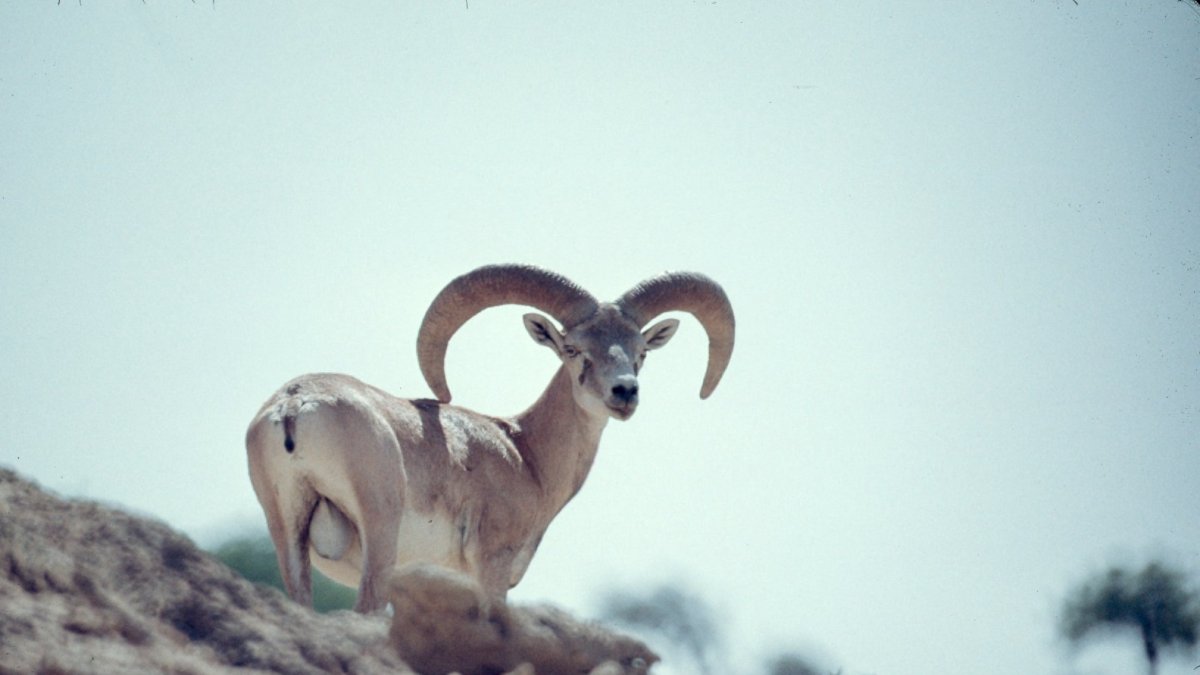Montana rancher jailed for hybridizing giant Asian mouflon with sheep
Arthur Schubarth inseminated sheep with genetic material from argali, an endangered species, to create unique hunting targets and sell them at a high price to hunting ranches.

A wild specimen of Ovis ammon in its natural habitat.
A Montana rancher who tried to breed a giant sheep hybrid with Asian mouflon genetic material to sell as trophies to hunting ranches was sentenced to six months in jail.
Arthur Schubarth, 81, illegally imported the genetic material of argali from Kyrgyzstan, called Ovis ammon, the world's largest wild sheep.
Schubarth implanted the embryos into ewes on his ranch in Montana that gave birth to genetically pure offspring of argali, known as Marco Polo's ram, an endangered species that can weigh up to 135 kilograms and has horns measuring more than 1.5 meters from tip to tip.
Schubarth also used the semen from this specimen to impregnate several species of sheep in an attempt to create never-before-seen hybrids, with the goal of producing an even larger ewe.
The convicted man hoped to sell these animals to hunting ranches, places where customers pay to shoot captive animals, and where larger species can generate greater profit.
"Schubarth's criminal conduct is not in keeping with the way Montanans treat wildlife," said the district attorney in charge of the case, Jesse Laslovich.
"In fact, his actions threatened Montana's native wildlife species for no other reason than that he and his accomplices wanted to make more money."
"Schubarth's greed led to his conspiracy to bring parts of the world's largest sheep species to Montana from Kyrgyzstan."
"Such actions to create hybrid animals are as unnatural as they are illegal."
Schubarth, whose ranch raises and sells mountain sheep and goats, among other ungulates, primarily for hunting ranches, admitted one count of conspiracy to violate the Lacey Act, which prohibits interstate commerce in certain wildlife, and which is used by authorities to combat wildlife trafficking.
The rancher also agreed to another charge of substantive violation of this law at a previous hearing.
In addition to the prison sentence, Schubarth will have to pay a $20,000 fine to the Lacey Act Fund, $4,000 to the National Fish and Wildlife Foundation and $200 for special counsel.

























